Brazilian Spices & Dishes: A Carnival of Flavor in Every Bite!
If you've ever dreamed of dancing samba while feasting on a plate of deliciousness under the hot sun, Brazilian cuisine is calling your name. Brazil may be best known for its wild Carnaval and breathtaking beaches, but it also boasts a culinary landscape bursting with color, culture, and spices. In this post, we’ll explore the most iconic national foods of Brazil, dive into their unique spice profiles, and share some insider tips to recreate that tropical flavor at home — no passport required!
Table of Contents
- Feijoada: The Hearty King of Brazilian Cuisine
- Moqueca: Ocean-to-Plate Perfection
- Brigadeiro: The Sweet Soul of Brazilian Desserts
- Spice Spotlight: Essential Ingredients in Brazilian Kitchens
- 5 Practical Tips to Master Brazilian Flavors at Home
- Conclusion
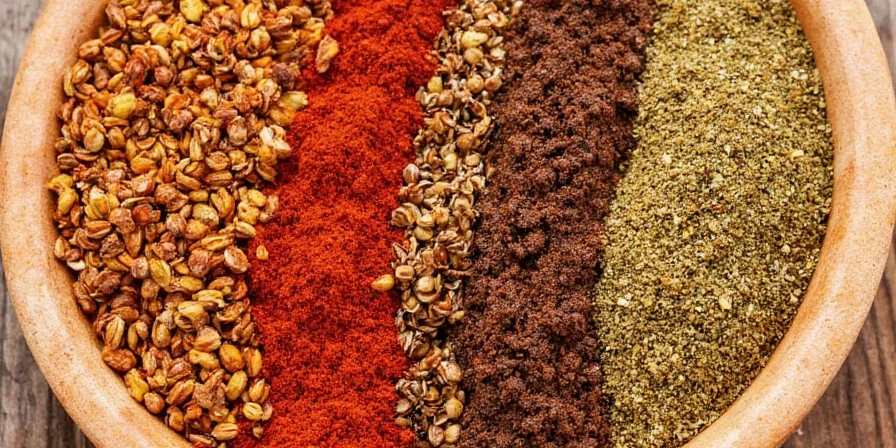
Feijoada: The Hearty King of Brazilian Cuisine
Let’s start with the ultimate comfort food of Brazil — Feijoada. Often dubbed as the national dish, this hearty black bean stew features a mix of pork cuts (think ribs, sausage, and trotters) slow-cooked to perfection. It’s not just a meal; it’s a full-day event.
The Secret Behind Feijoada’s Flavor
- Black Beans: The base of the dish, providing depth and richness.
- Pimenta-do-reino (Black Pepper): Used generously to enhance the savory notes.
- Louro (Bay Leaf): Adds an earthy aroma that mingles beautifully with the beans.
- Orange Slices: Not a spice per se, but a must-have sidekick to cut through the richness.
| Dish | Main Protein | Key Spices/Herbs | Regionality |
|---|---|---|---|
| Feijoada | Pork (multiple cuts) | Bay leaf, black pepper, garlic | Nationally celebrated |
| Moqueca | Fish | Dendê oil, coriander, chili | Bahia region specialty |
Moqueca: Ocean-to-Plate Perfection
Travel down to the coastal state of Bahia, and you’ll find yourself face-to-face with one of the most fragrant seafood dishes in Brazil — Moqueca. This fish stew is infused with coconut milk, dendê (palm oil), and fresh herbs, making it a celebration of Afro-Brazilian flavors.
What Makes Moqueca So Unique?
- Dendê Oil: This red palm oil isn’t just for color — it adds a smoky, nutty undertone that defines Bahian cuisine.
- Cilantro (Coentro): Used almost like parsley in Europe, cilantro gives moqueca its aromatic lift.
- Pepper Chili (Malagueta): For those who crave a little heat, malagueta peppers add a fiery kick without overpowering the dish.
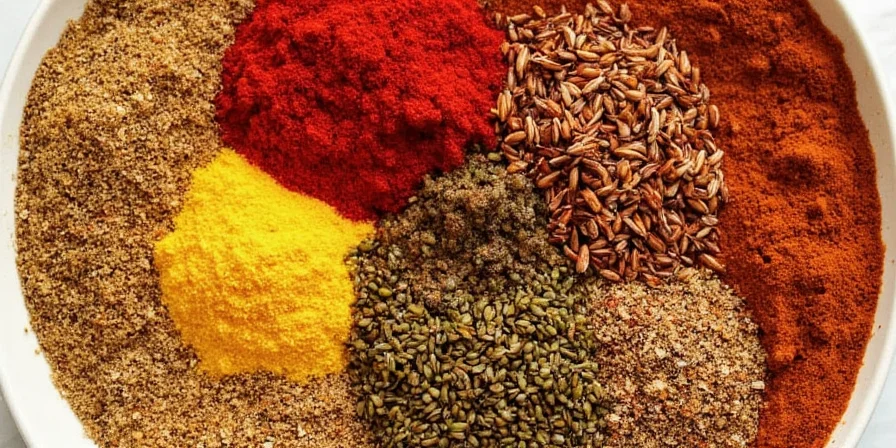
Brigadeiro: The Sweet Soul of Brazilian Desserts
No Brazilian feast is complete without a sweet ending, and nothing screams “party” louder than a Brigadeiro. These truffle-like candies are made from condensed milk, cocoa powder, butter, and sprinkled with chocolate sprinkles.
Spice Meets Sweet
While not traditionally spicy, modern twists on Brigadeiros now incorporate ingredients like:
- Cinnamon (Canela): Adds warmth and complexity.
- Pink Peppercorns: For a floral, mildly spicy twist.
- Cayenne or Chili Powder: For those who enjoy a spicy-sweet contrast.
Spice Spotlight: Essential Ingredients in Brazilian Kitchens
Brazilian cooking might not be as aggressively spiced as Indian or Thai cuisine, but it still relies on a core set of spices and seasonings that define its identity. Here’s a breakdown of the must-have spices every Brazilian kitchen should have:
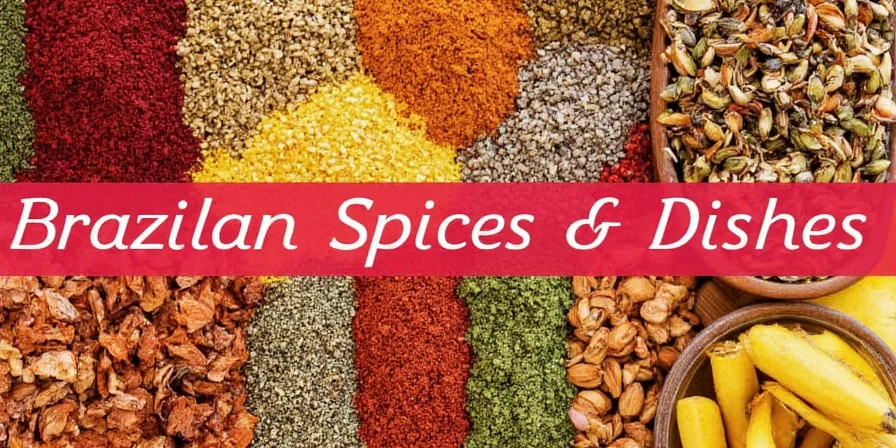
| Spice/Ingredient | Flavor Profile | Common Uses |
|---|---|---|
| Dendê (Palm Oil) | Earthy, smoky, nutty | Used in moqueca, stews, and rice |
| Orégano (Oregano) | Herbal, peppery | In meat marinades and tomato-based sauces |
| Achiote (Colorau) | Mild, nutty, slightly peppery | Provides color and mild flavor in rice and meats |
| Limão (Lime) | Tart, zesty | Essential for seasoning and garnishing |
5 Practical Tips to Master Brazilian Flavors at Home
You don’t need to jet off to Rio to experience authentic Brazilian flavors. With these handy tips, you can bring the spirit of Brazil right into your own kitchen:
- Invest in Palm Oil: Authentic moqueca starts with quality dendê oil. Store it in a cool, dark place to preserve its vibrant color and flavor.
- Use Fresh Herbs Generously: Cilantro, parsley, and scallions are the backbone of Brazilian flavor. Use them in generous bunches!
- Rice is Your Friend: Serve main dishes with white rice and farofa (toasted cassava flour) to balance out bold flavors.
- Don’t Forget the Heat: Whether it’s malagueta chili or cayenne, a touch of heat elevates many Brazilian dishes.
- Serve with a Side of Cheer: Brazilian meals are meant to be shared. Add some upbeat music and colorful decor to truly embrace the vibe.
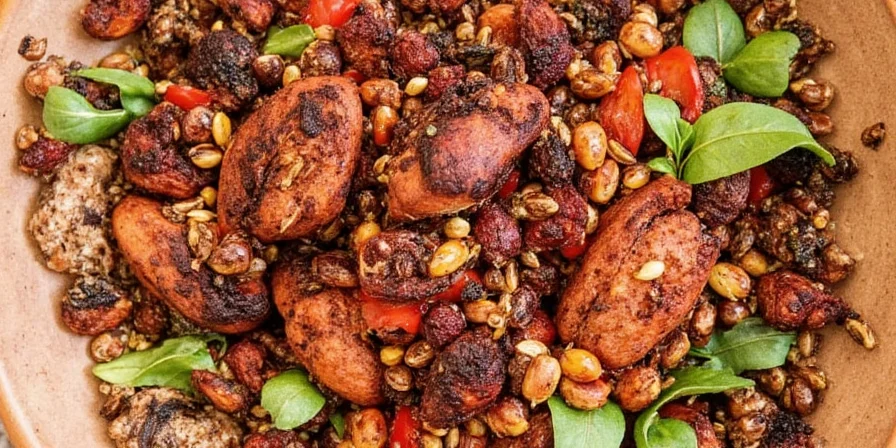
Conclusion
Brazilian cuisine is a symphony of spices, stories, and soulful bites. From the smoky richness of Feijoada to the vibrant zest of Moqueca and the creamy decadence of Brigadeiro, each dish tells a tale of heritage and heart. Whether you’re a professional chef looking to expand your global repertoire or a curious home cook eager to try something new, Brazilian food offers a flavorful journey that’s worth taking — one spice at a time.
So next time you're craving adventure on a plate, skip the plane tickets and head straight to your kitchen. Grab those spices, crank up the samba playlist, and let Brazil take over your taste buds. After all, if there’s one thing Brazilians know how to do, it’s turning every meal into a party.
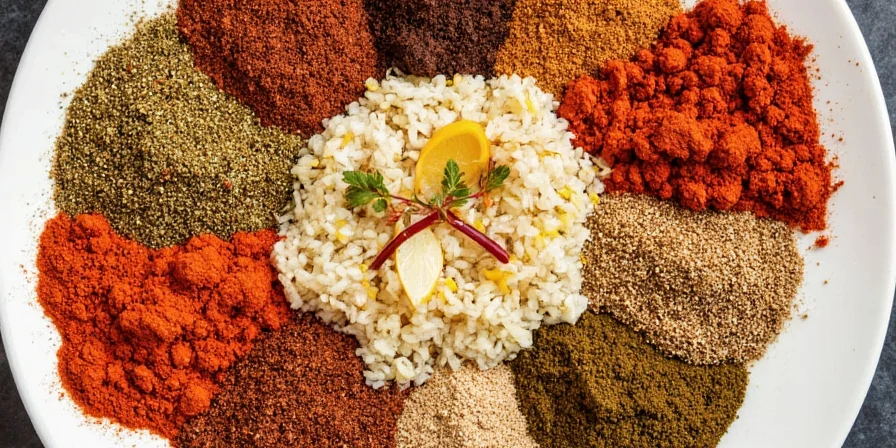
And remember — when in doubt, add more cilantro.

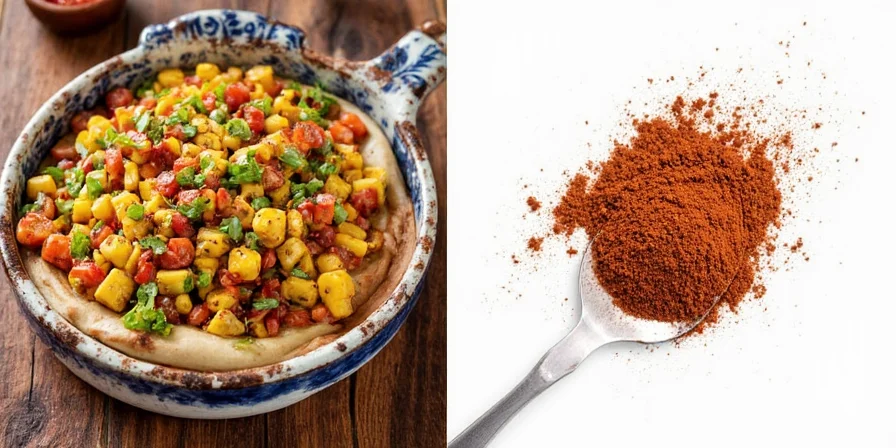









 浙公网安备
33010002000092号
浙公网安备
33010002000092号 浙B2-20120091-4
浙B2-20120091-4